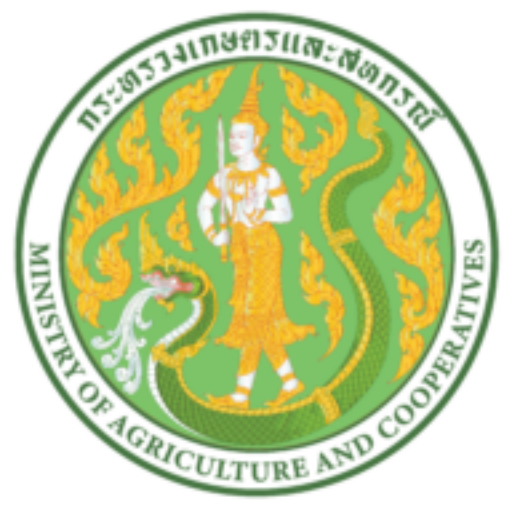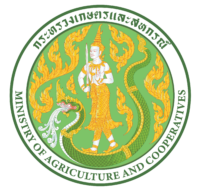Avian influenza H5N1 infection was first identified in Thailand in January 2004. Since then, there have been three major outbreaks in the cold season of 2003–2004 and in the rainy and cold seasons of 2004–2005 and 2005–2006. More than 62 million birds died or were culled. The burden shifted from large industrial farming in the first outbreak to small farms, backyard chickens, and free-grazing ducks.
The Department of Livestock Development, Ministry of Agriculture and Cooperatives of Thailand or DLD confirmed that, since 2008, there have not been any outbreak of bird flu found in Thailand. Animal health officials were mobilized to focus on improving the detection, controlling, and elimination of possible disruptions.
Since 2008, DLD has been keeping its guard up by working closely with relevant agencies in all sectors. Bird flu is a contagious disease for both animals and humans, which required great vigilance and effort from all related key players to keep the region safe through the persistence of strict border surveillance, systematic laboratory testing, and close monitoring and examination of migratory and natural birds.
“Animal Health” issue is one of the DLD’s top agendas ranging from the improvement of livestock rearing system, surveillance, prevention and control to the development of disease-free areas and farms. At the same time, ‘Animal Health’ operational system in Thailand has been recognized internationally as with a high standard, as shown in the result of the OIE PVS assessment.
Fostering a successful ‘Animal Health’ operation required knowledge, information exchange, and idea sharing in order to render deliberate measures and guidelines to abide by. The DLD has now mandated its related officers to intensify all areas to accelerate implementation of measures for controlling, surveillance, and disease eradication, with the main focus on epidemiological investigation, while cooperation with the local people would be of great importance to effectively control the disease in accordance with the prescribed measures.

